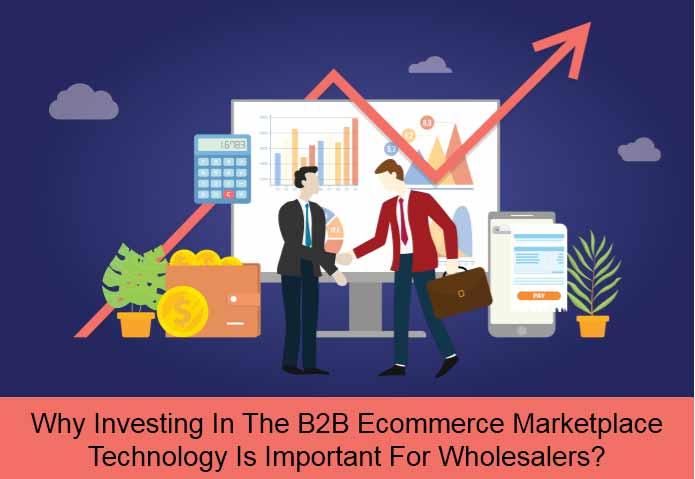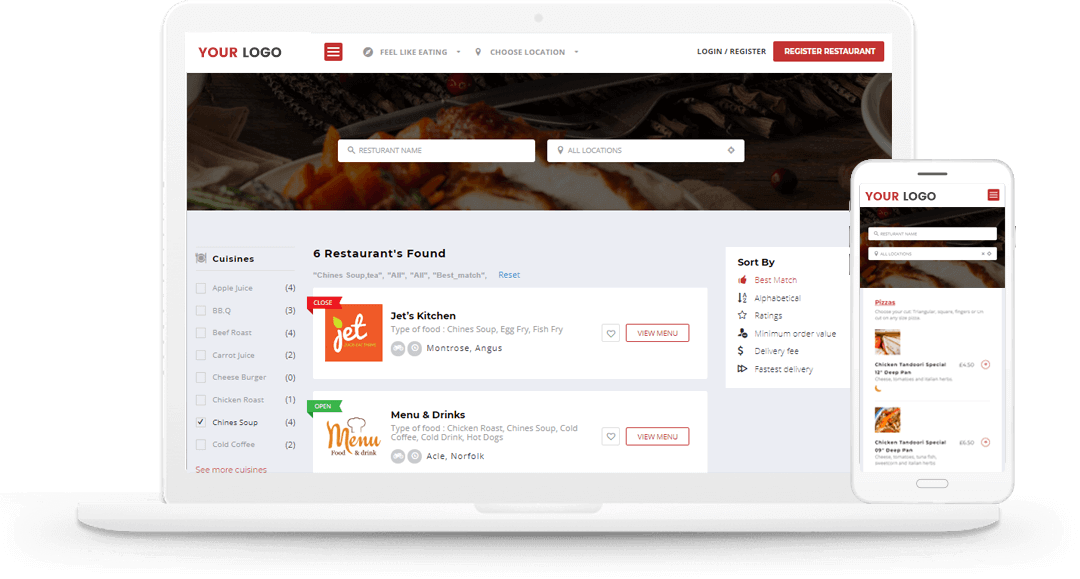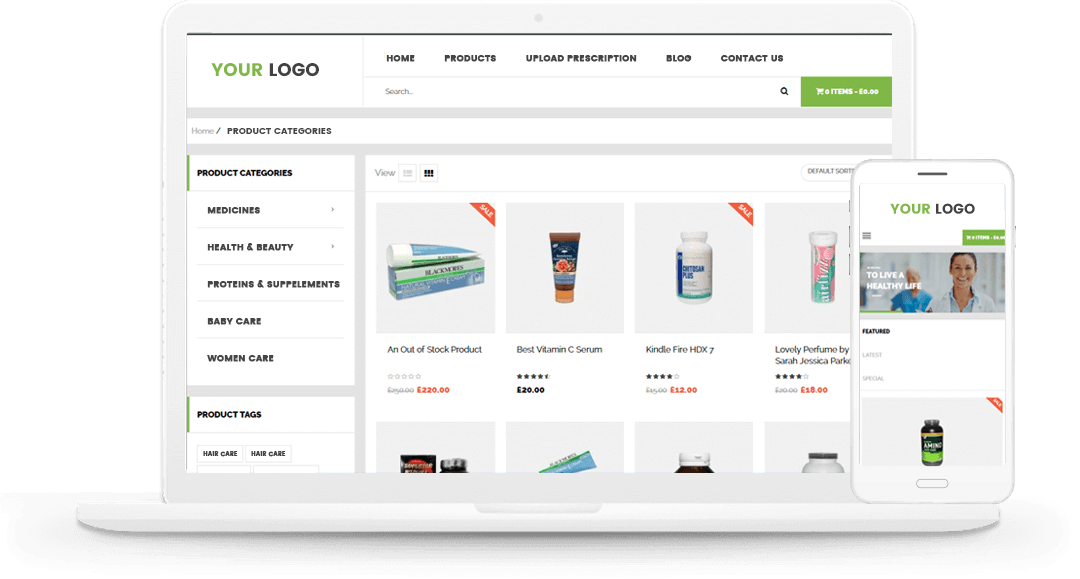Retailers have always been quick to embrace eCommerce. From selling clothing and sporting equipment to garden goods and groceries online, they seemed to have hit the jackpot with both B2B and B2C online mediums.
However, the same can’t be said about B2B manufacturers, distributors, and wholesalers. For starters – the vast majority of them don’t enjoy the high-profit margins or the revenue growth that a mature eCommerce business generates.
The B2B manufacturers, distributors, and wholesalers lag because they are not sure how if their customers want to buy online. Not so surprisingly, manual transactions account for 49.3% of all sales by manufacturers and distributors.
A survey conducted by B2BecNew states 50% of them don’t even have an eCommerce website, let alone any other option of selling their business online. With the B2B marketplaces and eCommerce websites collectively a $1tn market, things are bound to take a turn for the good.
The B2B manufacturers, distributors, and wholesalers now show an urgency to get into the game. That means, out of those who don’t have an online presence, 75% plan to launch a website within two years while almost 59% of them plan to do it within a year.
However, having an eCommerce website is not just enough. You must also invest in a proper B2B eCommerce marketplace technology. Here are four reasons why:
Enjoy higher profit margins
Consumers tend to spend more on an online transaction due to product recommendations, pop-ups instigating impulsive buying, and easy to navigate websites. The more eCommerce sites are more comfortable to navigate and browse through; the more transactions will they attract.
Whether you are a manufacturer, distributor, or a wholesaler, a user-friendly website will grant you profit margins that are several points higher if you have an eCommerce store. One of the biggest reasons for the same is an automated order entry that reduces waste productivity and customer dissatisfaction by upping a typical order value from $150 to $50.
And that can happen only when you invest in a robust marketplace technology, an online multi-vendor marketplace software on Magento, to be precise. But before purchasing one, make sure tally the costs and look for vital features such as payment gateways, integration with ERP, admin controls, customization properties, and more. Sign up for several demos before selecting one.
Too often, B2B companies don’t take the time to research the technology and dive straight into the world of eCommerce. Don’t make that mistake.
Leverage supply chain management
The emergence of eCommerce has been disruptive, not just for consumers but also for retailers, manufacturers, and distributors. There was a time when only one distributor could only access the supply chain.
However, by joining hands with multiple vendors and distributors, eCommerce retailers have managed to offer not only various products but also faster deliveries. Moreover, the consumers of today are used to having the order status on their fingertips.
Anything less than that causes immense dissatisfaction to them. As a manufacturer, wholesaler, or distributor, you must strive to give your customers an impeccable customer service. And that includes image optimization, detailed product information, social selling, a dedicated customer care team, and more.
Join hands with multiple verticals across the industry for that. Leverage supply chain management. But to manage it all, get the right B2B multi-vendor marketplace eCommerce software for the best results.
Upsell and cross-sell your customers
It is true eCommerce brings you closer to potential customers from every part of the world. But when that happens, why leave the golden opportunity to upsell and cross-sell them? B2B distributor sales reps, for instance, are masters at predicting their customers’ needs.
That is how distributors generate maximum leads and convert them to profitable transactions. However, to do that, the reps must be free of taking orders manually, and that’s only possible when the right Magento marketplace software solution is in place.
That way, they can focus on talking to customers about new product offerings and opportunities to grow their relationship with the customers. The eCommerce marketplace technology has brought a shift in the typical sales approach and given birth to a different type of relationship between the customer, retailer, and the distributor – one that should be leveraged properly.
Helps manage data
It’s a fact: manufacturers, distributors, and wholesalers have to invest in data management to be able to grow in the eCommerce space. If you don’t have the right systems in place to maintain and use data, you cannot compete in the digital world, let alone succeed.
For starters, the infrastructure must align with the supply chain function. From the mobile app, CRM, and website to shipping and warehouse – the success of your eCommerce store relies on the interconnectivity of the data collected.
Therefore, upgrade your front-end systems to ensure the best possible experience for your customers and overhaul the back-end systems for your staff. Look at any Magento marketplace software solution that can take care of all your needs, and especially help you manage data.
Conclusion
According to the B2B Ecommerce Market Report, an increasing number of are investing resources into their eCommerce stores or doing business on multiple B2B marketplaces. The scenario is favorable, and if they continue moving in the direction, the results will be phenomenal.













